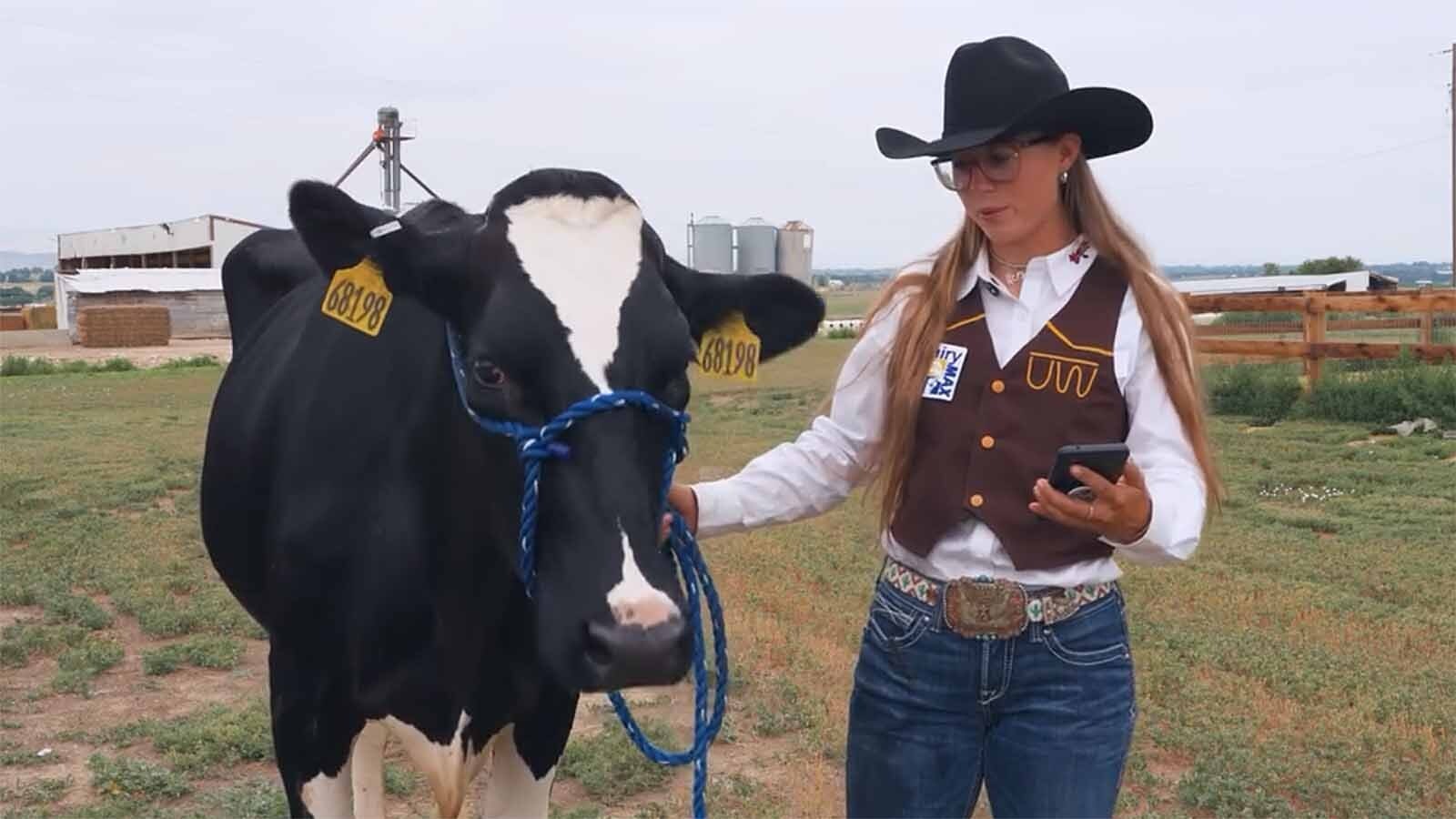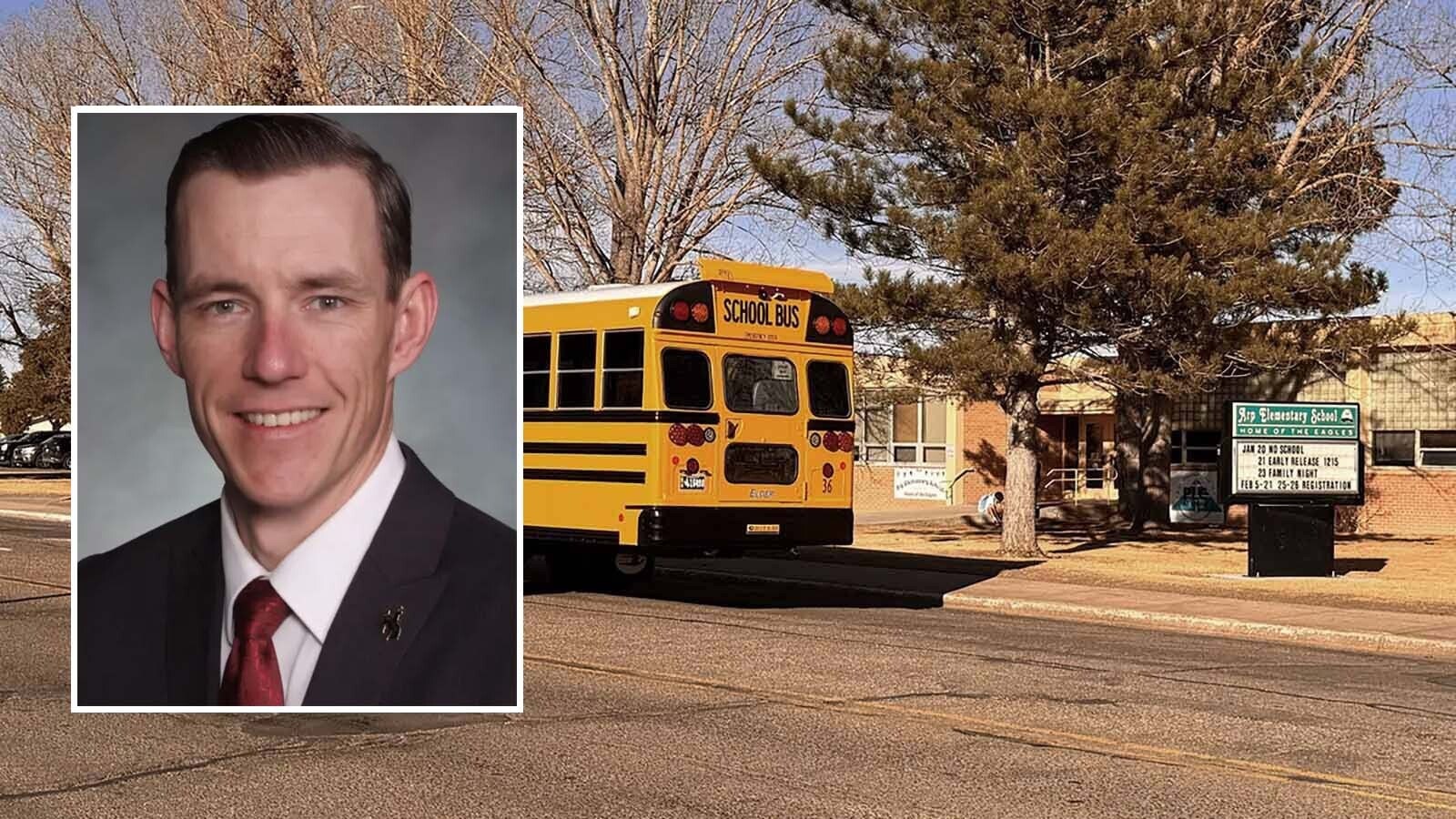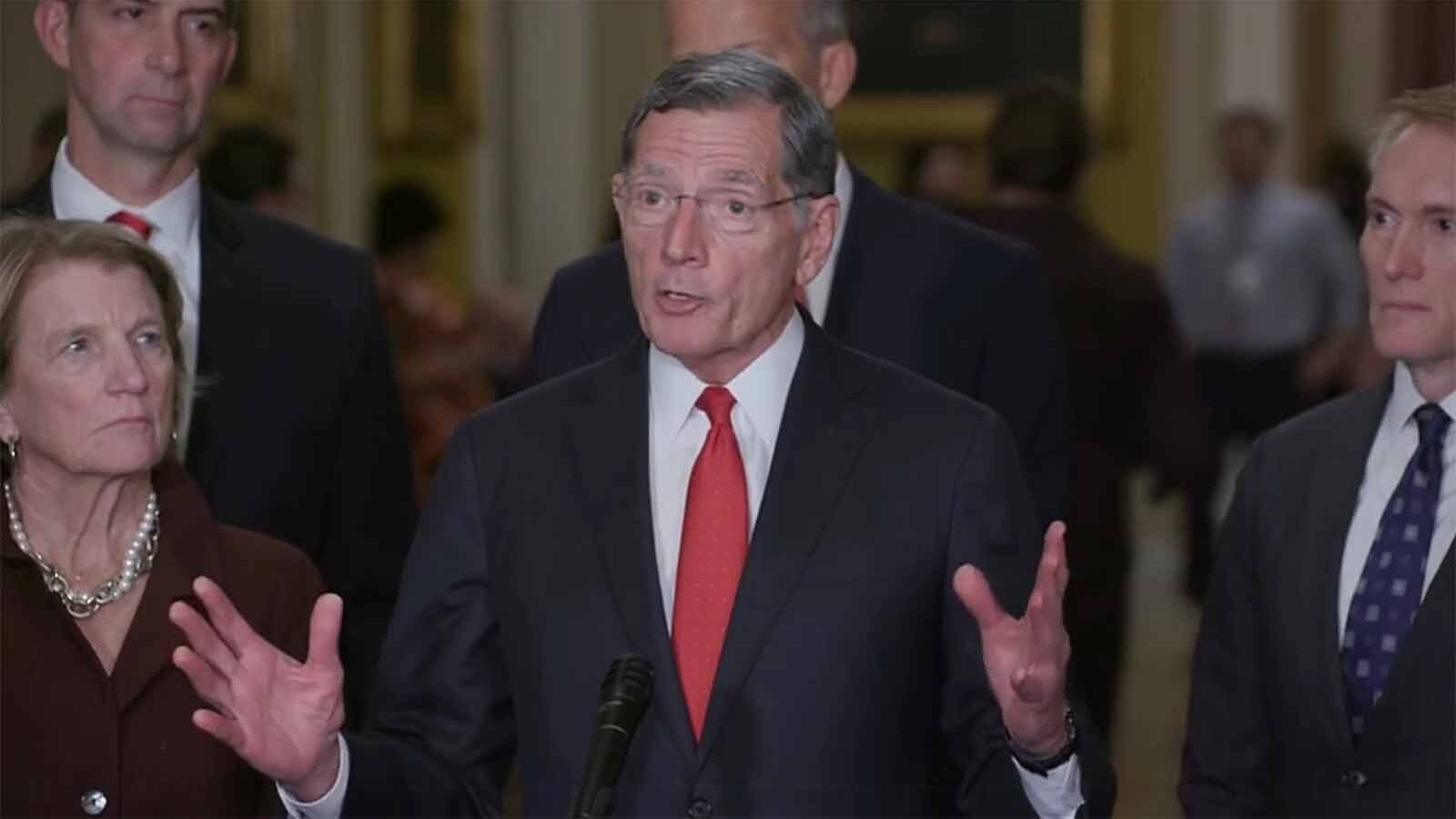The Wind River Canyon Scenic Byway is 100 years old this year and was an innovative and dangerous project when it was first proposed in 1916.
As they dug out this canyon road, men died in dynamite blasts and from falling off cliffs. When they were unable to get their big equipment in, these workers resorted to backbreaking labor with picks and shovels and the help of horses and mules
When completed in October 1924, the highway opened up the isolated Big Horn Basin to the rest of the world and served as a direct route to Yellowstone National Park.
The new dirt road, dubbed the Yellowstone Highway, could be terrifying to navigate with soaring cliffs on one side and a wild river below.
Scenic and Hazardous Drive
The rock falls and landslides have continued to this present day. Guardrails have been added and the highway is now paved and has been widened. Motorists still, however, must be alert to maneuver around fallen rock debris and, if an accident occurs, the route could be closed for hours.
To find a solution, WYDOT has secured a $1.6 million federal grant for a Wind River Canyon Corridor Resilience Study.
This study, part of the Rebuilding American Infrastructure with Sustainability and Equity program, would be used to guide planning efforts for the road system.
WYDOT will bring in consultants to study the various risks that affect travel along the road transportation leaders say is a vital link in the state. The study would also be used to find actual solutions to the risks they identify.
“When we have a major incident in that canyon, it’s a four or five hour detour to get north of Boysen State Park,” WYDOT Director Darin Westby told Cowboy State Daily. “So it's significant in its need. By doing the resiliency study where you can come up with different alternatives, we can then go after a new design and, after that, get funding to try to make that happen.”
WYDOT is working closely with its partners including the towns of Thermopolis and Shoshoni and the Eastern Shoshone and Northern Arapaho Tribes of the Wind River Reservation.
Earlier this year, WYDOT secured letters of support from the tribes, county commissioners, town officials, tourist agencies, chambers and others that are most adversely affected by any road closures.
Not Just About Safety
The study will also be used to determine other factors beyond safety.
“The resiliency study will determine whether we build a new fulltime highway or just a detour that’s available as needed. I think the main quarter would still go through the canyon,” Westby said.
The other question they seek to answer is who will ultimately be responsible for the canyon highway and alternate route. The Wind River Canyon Scenic Byway is primarily located on the Wind River Reservation so it may fall back under tribal jurisdiction.
It could also become a county road, maintained just past the tunnels by Fremont County and from the county line by Hot Springs County, or remain a federal highway.
“Part of the study is to determine land ownership and maintenance,” Westby explained. “We would probably build any new route but then, who oversees them long term? If you can't maintain it, it'll fall in disarray and then it'll cost you a lot more money.”
The Wind River Canyon Scenic Byway has been the main corridor from Shoshoni to Thermopolis for a century. Thousands of livelihoods, families, businesses and tourists depend on this route every day, and when it is closed, business can come to a standstill.
During the summer, up to 5,000 vehicles have been tracked using the route on a daily basis. When closed, these motorists have to drive 85 to 150 miles to detour around the canyon.
No matter what the study recommends, Westby said, the knowledge gained would be used to better mitigate future challenges with this beautiful but hazardous highway.
Jackie Dorothy can be reached at jackie@cowboystatedaily.com.





